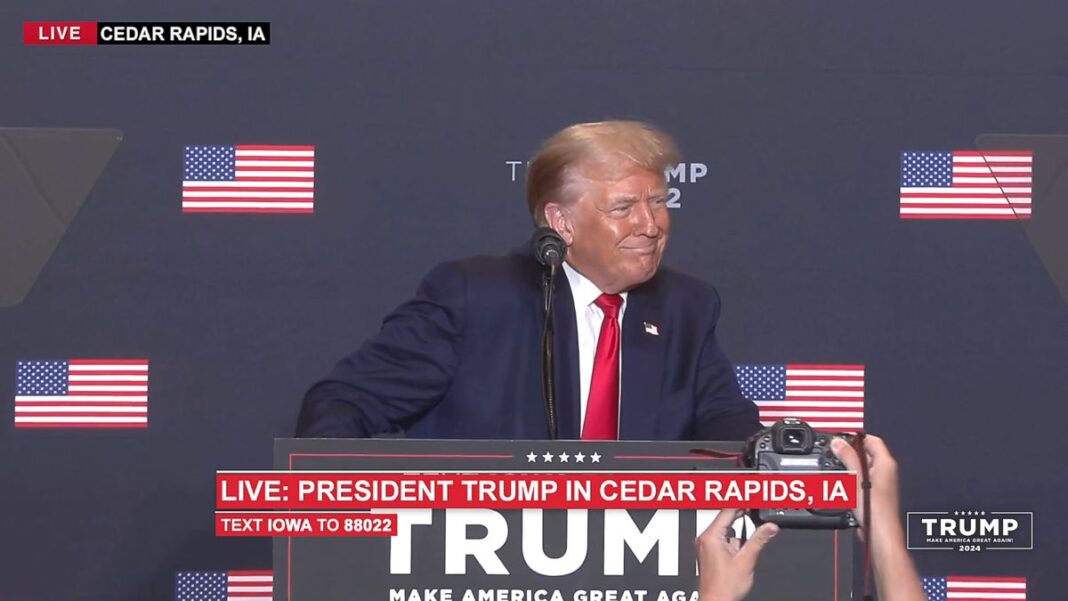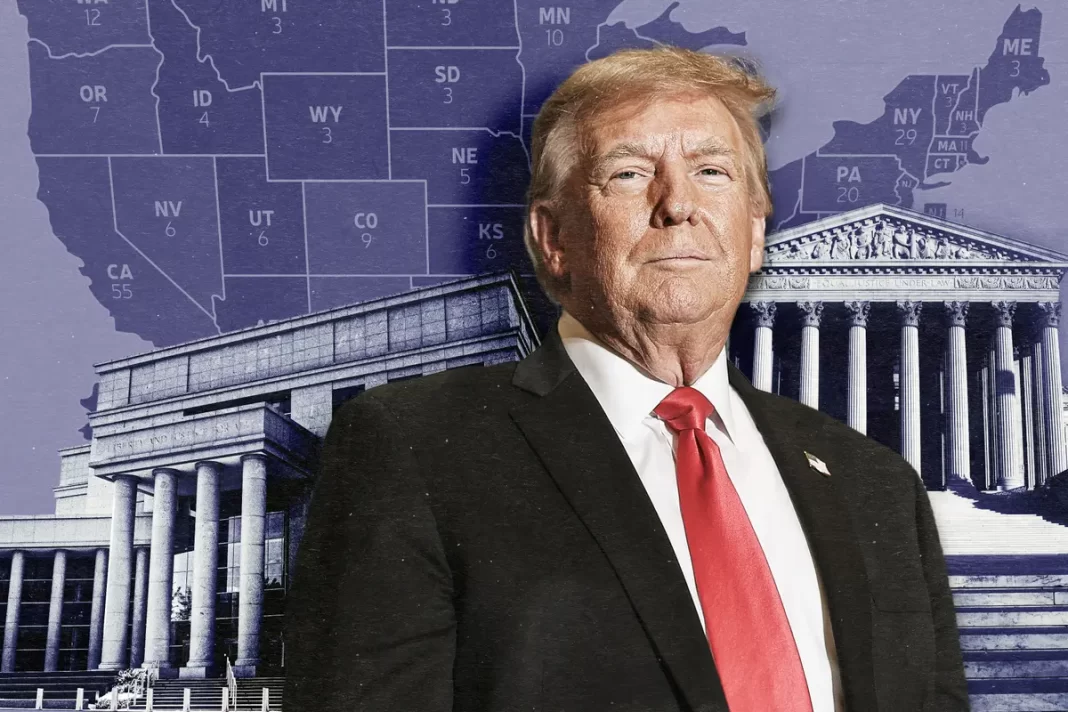‘In 234 years of American history, no President ever faced criminal prosecution for his official acts. Until 19 days ago …’
Attorneys for former President Donald Trump told the U.S. Supreme Court on Wednesday that special counsel Jack Smith has misrepresented the case against the former president in the high court.
They argued that prosecutors have requested the case be tried “at breakneck speed,” and urged caution, opposing the request. “The petition for writ of certiorari before judgment should be denied,” the new brief reads.
Mr. Smith asked the court to consider “whether absolute presidential immunity extends to ‘crimes committed while in office,'” the brief reads, but President Trump has “asserted that a President is immune from prosecution for official acts.”
Mr. Smith is prosecuting a criminal case against President Trump in federal court, alleging the former president tried to overturn the 2020 election results.
On Dec. 11, prosecutors asked the Supreme Court to weigh in on the case, which is pending in the appeals court.
The issue at hand was whether the Supreme Court should review the case on an expedited basis.
President Trump presented the Supreme Court with two other questions: Whether the absolute immunity conferred to a president “includes immunity from criminal prosecution for a President’s official acts,” and whether the impeachment proceedings and subsequent acquittals would make the prosecution foreclosed based on the principles of double jeopardy.
What Is Presidential Immunity?
A 1982 Supreme Court opinion for a case against President Richard Nixon resulted in the “absolute immunity” referred to in many of the defenses President Trump is now raising in court.
The case in question was a civil case, not a criminal case, brought by a former Air Force analyst who alleged he lost his position because of testimony he gave before Congress.
In Nixon v. Fitzgerald, the Supreme Court found the president absolutely immune from suit, and extended that immunity to the “outer perimeters” of their office.
This ruling was meant to protect presidents from being sued personally for their decisions in office, with the rationale that it would diminish the Office of the President of the United States if one could serve in office, and leave only to find a barrage of legal action against oneself.







